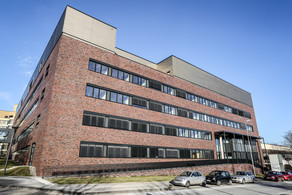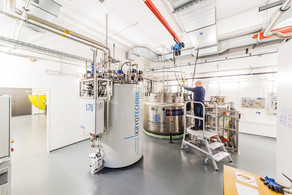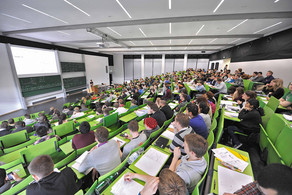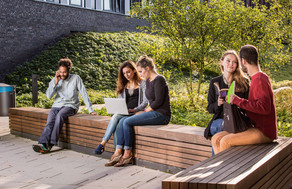Studies & Experts in Family Chat? - How to distinguish serious from less serious sources
- Veranstaltungen
- Brötchen-und-Borussia

E-car or e-fuels? Injection or pellets? And what to make of the climate expert quoted by the uncle in the family group? Studies, experts are omnipresent. When it comes to medical and environmental topics, they are particularly popular as key witnesses for or against a certain behaviour in everyday life. But how does one actually know whether alleged scientific experts are actually trustworthy and which studies are meaningful? It is not only simple "fake news" that has long been widespread on social media. Fake studies" and "fake experts" are also regularly found, spreading false information in a particularly perfidious way under the guise of alleged scientificity. Using concrete examples from the fields of climate, environment and health, we would like to point out criteria that can be used to gather evidence and at least roughly check the quality of (allegedly) scientific sources for seriousness.








